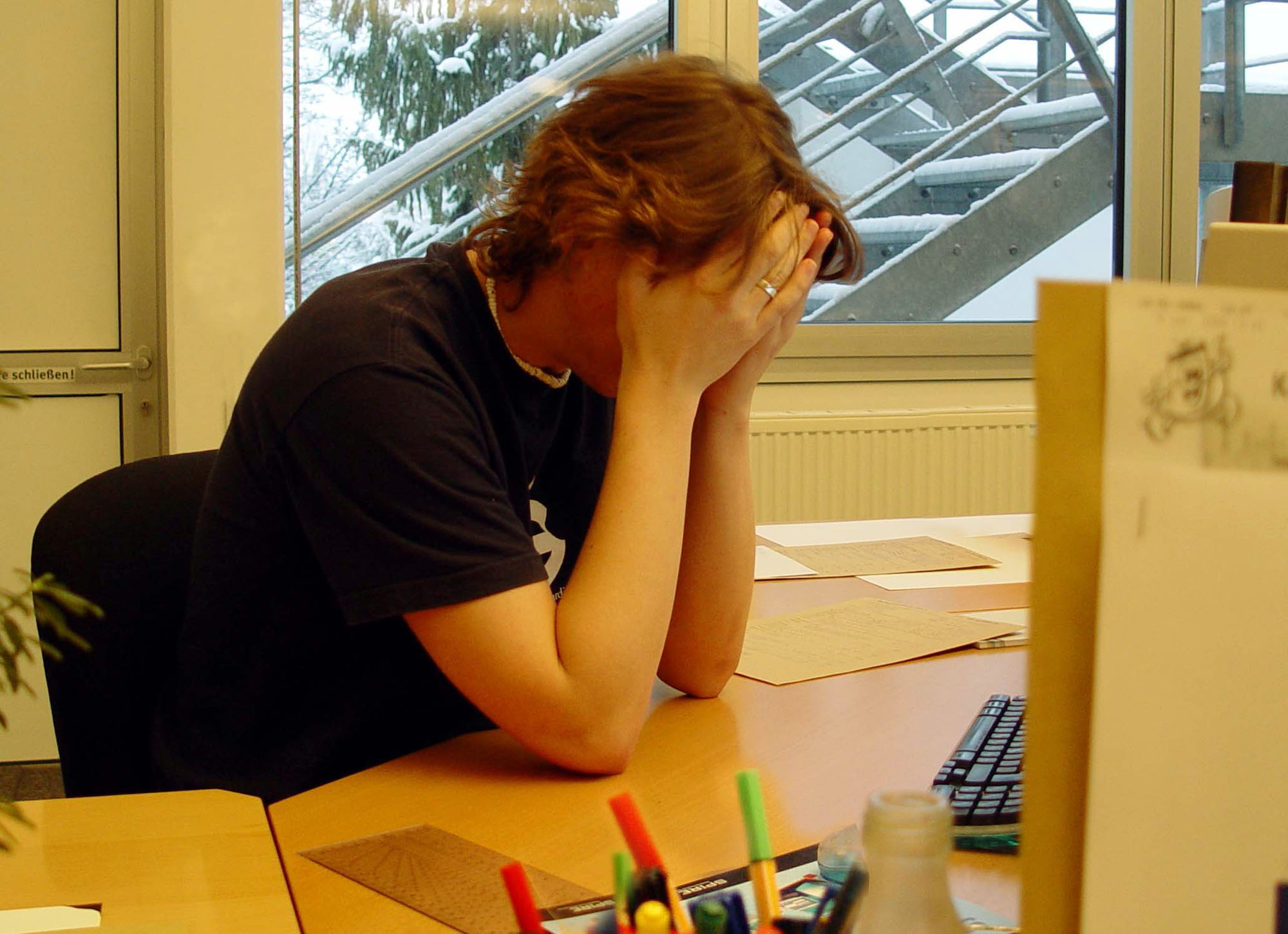Tag: Balance
-

“Tools for Better Living”: 6 English Speaking Coaching Sessions for Expats in Stockholm and across Sweden
This fall I’m offering a flexible course that combines both coaching and counselling in a short series of consultations. These sessions are designed specifically for expats and other English speakers seeking direction. Are you looking for some tools for dealing with change or adjustment? Interested in taking a series of sessions to kick-start your motivation?…
-

Swedish Culture Shock: 5 Practical Ways to Deal with Stress
Providing counselling services for expats in Stockholm, I’m often helping my clients to manage and find ways to relieve stress. This stress might be related to cultural factors including the difficulty many report in making friends with Swedes or it could be to do with a close relationship or marriage. It can be associated with…
-

Adjustment to Life in Sweden and Therapy in English
For most expats, relocating to Sweden means adjusting to a different culture. Reactions associated with the stress, uncertainty and the upheaval of relocation to another culture are very common for those from English speaking countries. These reactions can include experiences of anxiety, withdrawal, low mood, depression and other mental health difficulties. In my therapeutic work…
